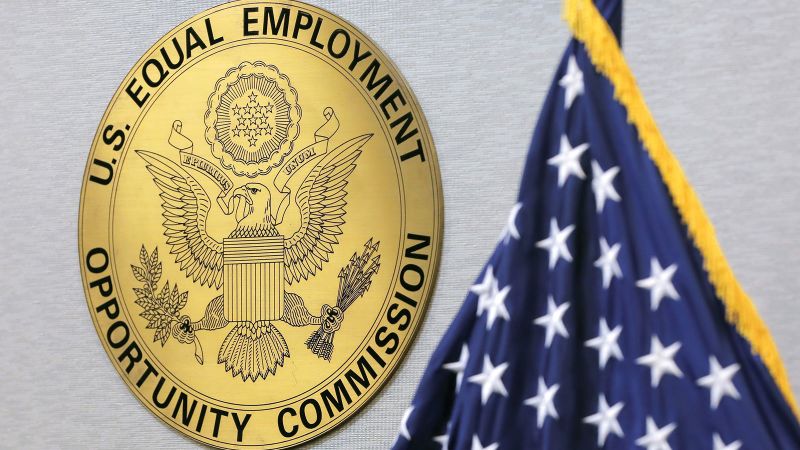A coalition of Republican attorneys general from 17 states filed a lawsuit Thursday against the Equal Employment Opportunity Commission over a new rule that requires employers to provide abortion accommodations under the Pregnant Workers Fairness Act.
The rule, finalized in mid-April, mandates that most employers offer “reasonable accommodations” to workers related to pregnancy or childbirth, including providing time off for an abortion. The EEOC said in the rule that it does not require employers to pay for an abortion or provide paid time off for the procedure.
“Congress passed the bipartisan Pregnant Workers Fairness Act to protect mothers-to-be and promote healthy pregnancies, and the EEOC’s attempt to rewrite that law into an abortion mandate is illegal,” Jonathan Skrmetti, attorney general of Tennessee, which is co-leading the coalition, said in a statement.
“Yet in a new rule, unelected commissioners at the EEOC seek to hijack these new protections for pregnancies by requiring employers to accommodate elective abortions—something the Act clearly did not authorize,” the attorney general’s office said in a statement. “The EEOC’s rule constitutes an unconstitutional federal overreach that infringes on existing state laws and exceeds the scope of the agency’s authority.”
Alabama, Arkansas, Florida, Georgia, Idaho, Indiana, Iowa, Kansas, Missouri, Nebraska, North Dakota, Oklahoma, South Carolina, South Dakota, Utah, and West Virginia are joining Tennessee in the lawsuit.
The EEOC referred a request for comment to the Department of Justice, which did not immediately respond.
The final rule clarifies the provisions of the Pregnant Workers Fairness Act, which became law last June after Congress passed it as part of a federal government spending package in late 2022. The measures apply to employers with at least 15 workers unless the accommodations would cause “undue hardship” for the employer.
The law provides pregnant and postpartum workers with a variety of protections, including time off for recovery from childbirth, prenatal or postnatal appointments and postpartum depression as well as accommodations related to seating, light duty, breaks for food, water and restroom needs, breastfeeding and miscarriage. Employers are not required to offer paid time off.
The question of including abortion in the act’s definition of “pregnancy, childbirth, or related medical conditions” sparked a flurry of comments to the commission, with about 54,000 of them urging the commission to exclude abortion and about 40,000 comments asking to include it.
The agency noted in the rule that the law cannot be used to require a job-based health plan to pay for any procedure, including an abortion. It specified that the act is a workplace anti-discrimination law.
“With respect to abortion, the PWFA’s requirements are narrow and will likely concern only a request by a qualified employee for leave from work,” the commission said in a statement last week.












